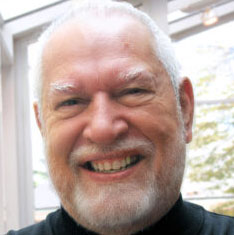TWiV discusses secret anti-vax campaign run by Pentagon to undermine China during pandemic, NY governor’s subways mask ban proposal, Colorado bat facility sparks outbreak fears, House budget billls suggest ban on gain of function research, evolution of STAT2 resistance to flavivirus NS5, and brainwide silencing of prion protein by AAV-mediated delivery of an epigenetic editor.
TWiV reviews the latest virology news, how infection with a plant virus causes insect to grow long wings, and reverse zoonoses of 2009 H1N1 pandemic influenza viruses in US swine.
TWiV explains the recent meeting of the National Science Advisory Board for Biosecurity (NSABB) where stricter guidelines for research involving human, animal, and plant pathogens were considered, and how the consumption of viruses by small protists returns energy to food chains.
TWiV returns to the 2012 brouhaha over transmission experiments with avian H5N1 influenza virus, re-examines the claim of SARS-CoV-2 RNA integration into human DNA, and reviews the engineering and testing of a genetically stable version of the attenuated type 2 Sabin poliovirus vaccine.
The TWiVers discuss the spread of African swine fever virus and its threat to pig farming, and the zoonotic potential of peste des petits ruminants virus.
Vincent speaks with Peter Palese about his illustrious career in virology, from early work on neuraminidases to universal influenza virus vaccines.
The TWiVomics review ten captivating virology stories from 2015.
Vincent, Rich, and Kathy speak with Ralph and Vineet about their research on the potential of SARS-like bat coronaviruses to infect human cells and cause disease in mice.
Vincent visits the University of Michigan where he and Kathy speak with Michael, Adam, and Akira about polyomaviruses, virus evolution, and virus assembly, on the occasion of naming the department of Microbiology & Immunology a Milestones in Microbiology site.
The TWiV team considers the effect of a Leishmaniavirus on the efficacy of drug treatment, and the human fecal virome and microbiome in twins during early infancy.









